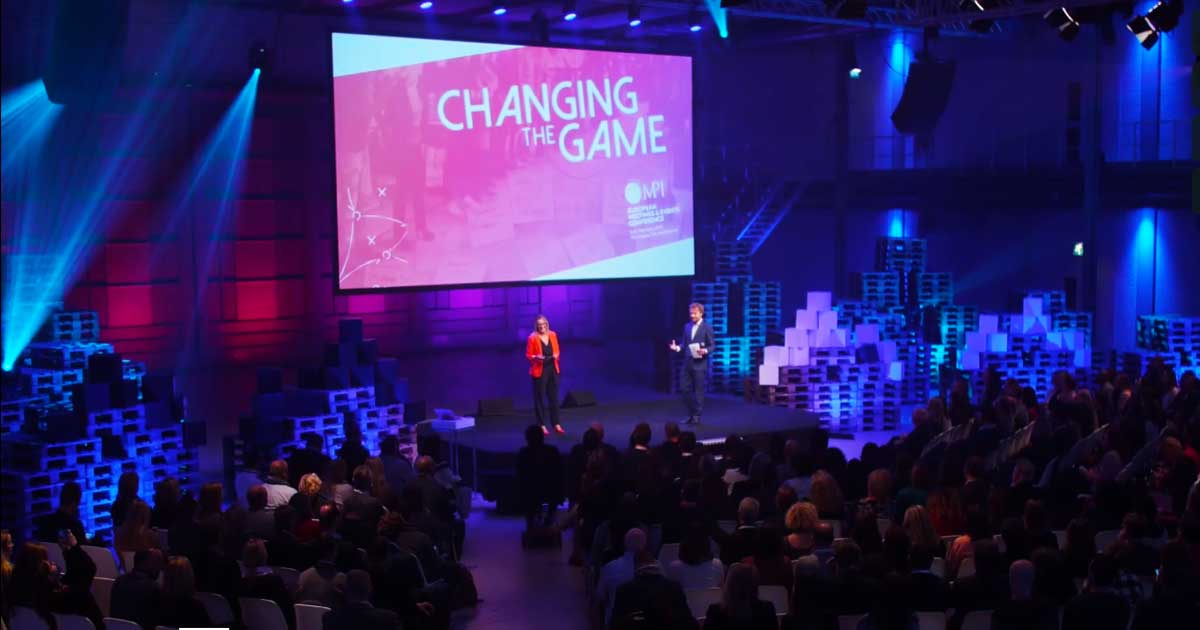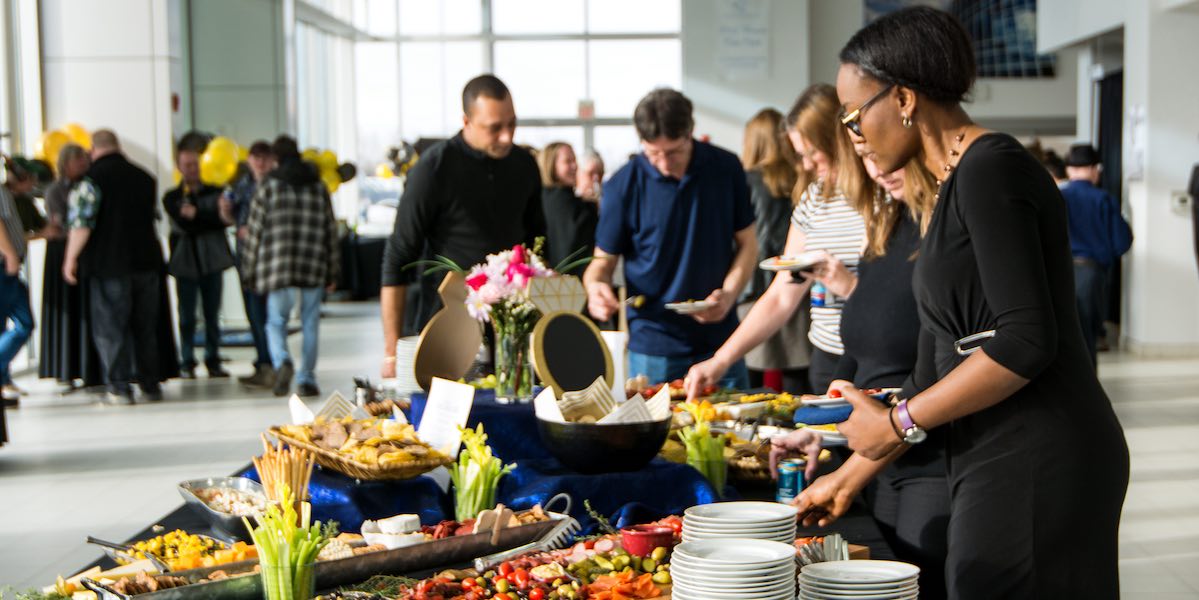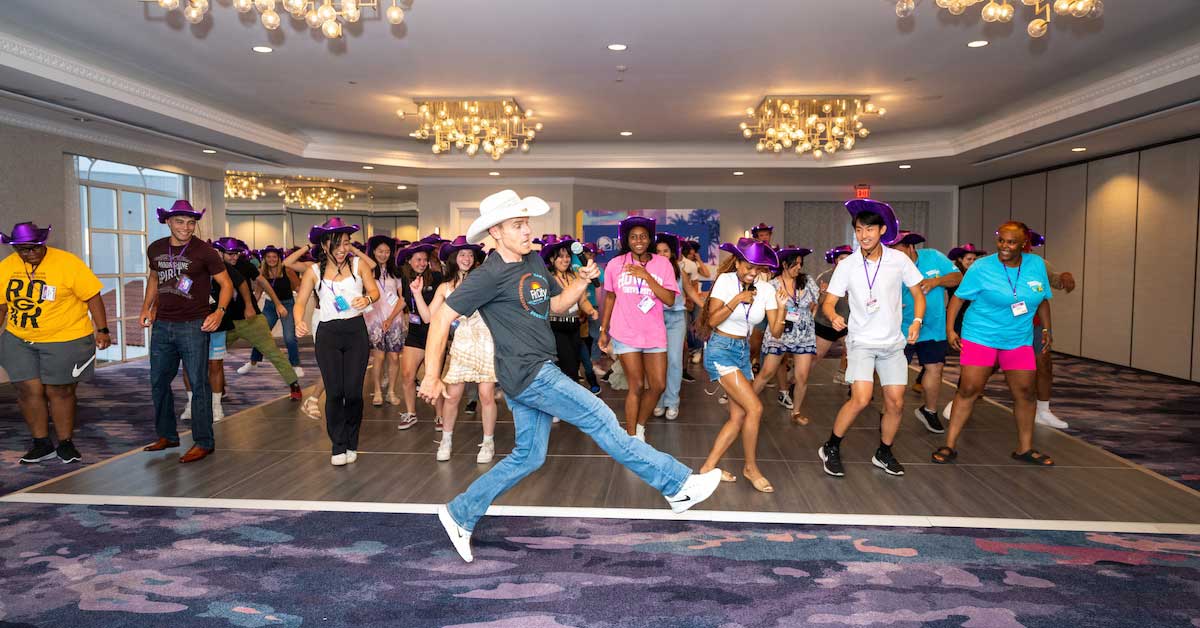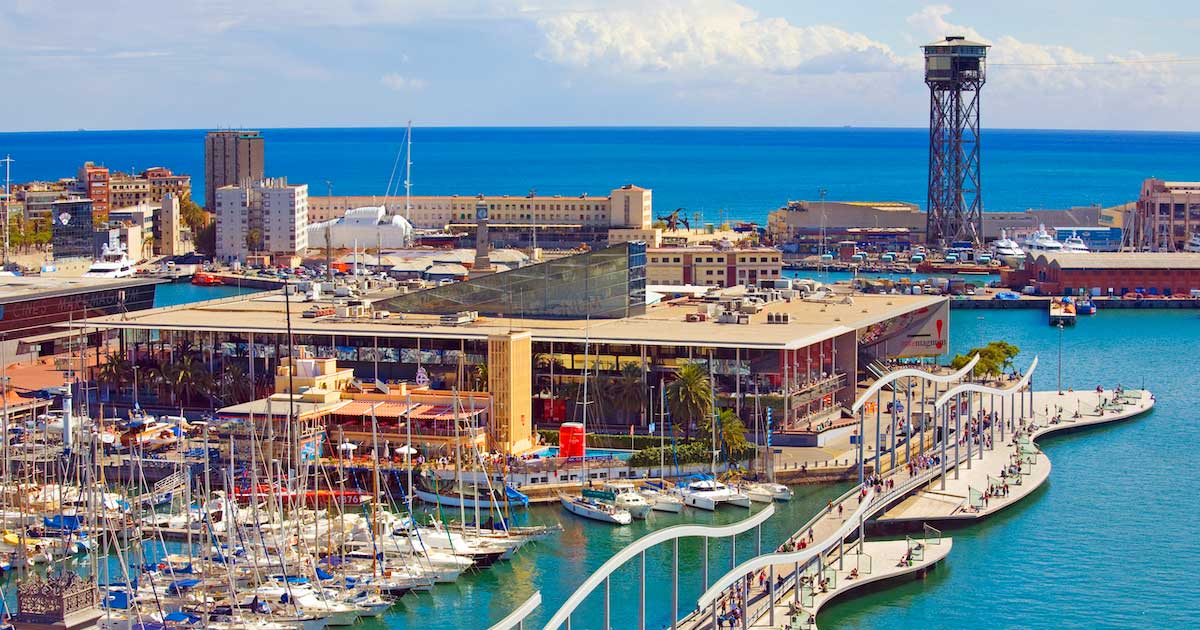What does it take to create an award-winning event? We asked Gijs Verbeek, executive director of MPI's The Netherlands Chapter, which recently won BEA World's "Best Conference Award" for the production of European Meetings and Events Conference 2019.
What contributed to the overall success of the conference?
What really stood out for the jury was the amount of event design we put into EMEC19. We empathized with a dozen of stakeholders and designed the perfect conference for every one of them. We focused on the 3 elements that make people go to conference in the first place. Change the way you meet, change the way you experience, change the way you learn. As a professional association we feel it’s our duty to experiment with all aspects our industry has to offer and have the stakeholders experience it themselves. Take people outside of the conference center, learn from other industries, facilitate networking, add the element of surprise, make sure people are ‘open’ to learn by putting them in the right state of mind. Good event design doesn’t have to break the bank at all.What advice/tips can you give planners who may be in a similar situation of being tasked with organizing an event on zero to no budget?
If you start by empathizing with the stakeholder you are designing for, you might find out that what they want doesn’t necessarily have to break the bank. In the process of designing we had two corporate meeting planners who had been to previous editions of EMEC. One of them explained that, although it was her first MPI experience, she contacted the local chapter before traveling to EMEC. As a chapter we welcomed her and she had the best conference experience because she felt part of the group directly from the start. The other planner explained that she joined EMEC the year before that. It was also her first MPI experience and she only met the people from the local chapter in the last day. She admitted that she’d never felt so alone. During the entire conference she saw groups of people connecting with each other and she never felt part of our community. With this knowledge in mind, we programmed a welcome event with facilitated networking. When entering the venue everyone had to go to the table with their national flag on it. It allowed people to quickly connect with people they might know from back home, talk in their own language and have a friendly face for the rest of the conference. After that, there were several food trucks where you could only order your food together with someone from a different country, in a certain language, with the same favorite holiday country, etc. The attendees really had to network before they were even able to eat. It helped tremendously and costs nothing to put it in place.
What was the process for sourcing a volunteer organizing committee? Any tips for others on the subject or anything you would have done differently in retrospect...i.e., the learning curve?
When we started the design phase, we invited industry friends, members vs non-members, planners vs suppliers, experienced vs next generation. We wanted to have around 15 people to help us to the event design, so we invited around 45 people. We ended up being around 60 people, because people were so excited about contributing and sharing their knowledge and experience. If you ask people for micro-commitment, so just a small part of work, they might actually be able to do it as a volunteer. We worked with a core team who had dedicated time to work on the conference, but the rest of the team was composed of volunteers who are just extremely impassioned about our industry.
What was the biggest challenges and biggest positive takeaways of brainstorming with 60 industry professionals? Any advice?
It is great to be able to pick the brains of so many experienced professionals. Especially when you start prototyping the event, there are tons of great ideas. We could have filled two or three conferences with all the great ideas. When you go from the design phase into the production, it is better to have a smaller core team to execute on the plans.
Can you speak to the use of the element of surprise and why was this important/relevant to the educational component of EMEC?
The element of surprise was really key to the success of EMEC19. We designed the experience in such a way that there was really a build-up in the experience. The attendees needed to be open to learning first. People started by meeting each other and through facilitated networking build through connections. Then they were put into different experiences such as one of seven Learning Journeys where they would learn from cross industry innovation, followed by an escape room for 330 people. The puzzles they had to do were about the Learning Journeys they were on before. It was to anchor what they learned and work in small groups again. We also added a lot of live music because it always puts people in a different mindset. The last day is always really a difficult day for the organizers of a multiple day conference. We were very surprised that almost all attendees joined us on the last morning, after a crazy party the night before. When we asked why they were there, they answered: “We wanted to know what kind of surprise you had in store for us today.” YES!!! Mission accomplished.



.jpg?sfvrsn=96553155_1)



